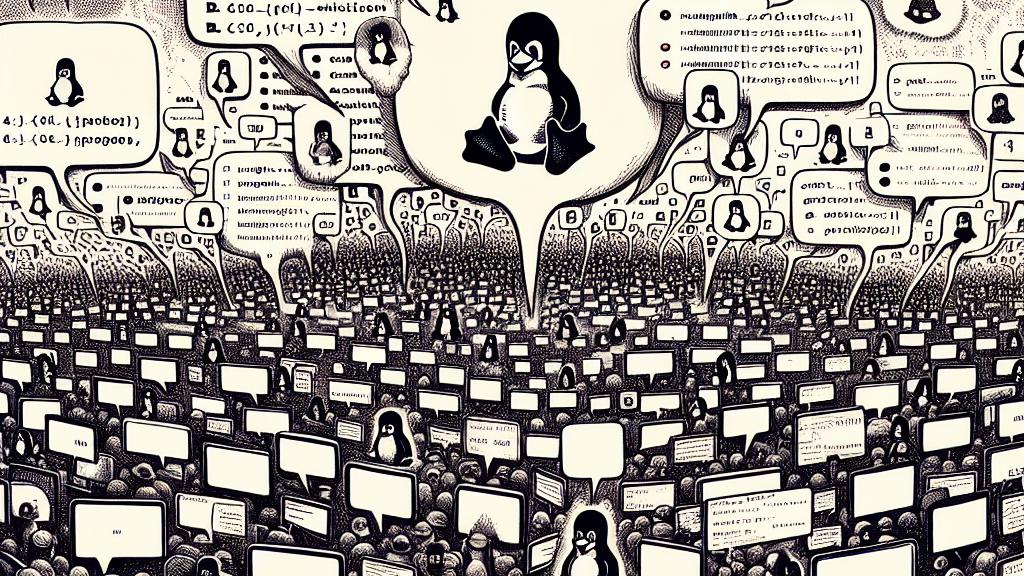Understanding the Controversy Over Facebook's Linux Post Ban
Overview
- In January 2025, Facebook's abrupt ban on Linux-related posts ignited a fierce backlash within the tech community.
- Many users equate this ban with labeling Linux as malware, feeling unjustly persecuted for their interests.
- Reports of account restrictions for merely mentioning Linux emphasize growing concerns over censorship.

The Unfair Targeting of Linux
In an astonishing move this January, Facebook shocked the world by banning all posts related to Linux. This decision sent ripples through the tech community, particularly among those who celebrate Linux as a hallmark of open-source innovation. It feels profoundly unjust to many that an operating system known for fostering collaboration and sharing is now being labeled as a cybersecurity threat. DistroWatch captures the uproar: users have reported their posts disappearing in an instant, often with warnings noting that the content could be misleading. Can you imagine the frustration of posting a thoughtful message only for it to vanish with no explanation? This reaction highlights a growing concern for freedom of expression.
Community Reactions
The response from the Linux community has been overwhelmingly vocal. Across platforms like Hacker News, users have shared alarming instances of their posts being deleted promptly upon mentioning Linux. One user noted that even a generic post referencing Linux links triggered an immediate warning, which felt like being silenced for sharing a simple fact. This situation serves as a stark reminder of the double standards at play—how can Facebook, which relies heavily on Linux to power its operations, simultaneously suppress discussions about it? Community members are rightfully outraged, debating the implications of such censorship on broader conversations about technology and innovation.
The Irony of the Ban
The irony in this ban is almost too rich to overlook. Here’s a platform, Facebook, that not only operates on Linux but is also on the lookout for Linux developers to join their team. This creates an impression of hypocrisy; how can they engage with Linux while actively shutting down conversations around it? DistroWatch shares opinions that underscore the absurdity of the situation: look at the flourishing discussions that could advance technology! For instance, what about the developers sharing their experiences running server farms using Linux, or the tech enthusiasts enthusiastically advocating for open-source software? Their insights contribute significantly to community learning and technological advancement, yet under these restrictions, those voices are effectively muzzled.
Looking Ahead
As of late January 2025, this contentious issue shows no signs of resolution, fueling a fire of dissent among Linux advocates who are passionate about their right to communicate openly. In the face of such adversity, DistroWatch encourages users to explore platforms like Mastodon, where conversations about Linux can thrive without fear of arbitrary censorship. This episode illustrates a bigger conversation about content moderation in the digital landscape: who's in charge of defining acceptable discussions, and at what cost to individual expression? The Linux community is uniting in solidarity, determined to push back against this perceived suppression and affirm their right to freely express their views in this ever-evolving digital age.

Loading...